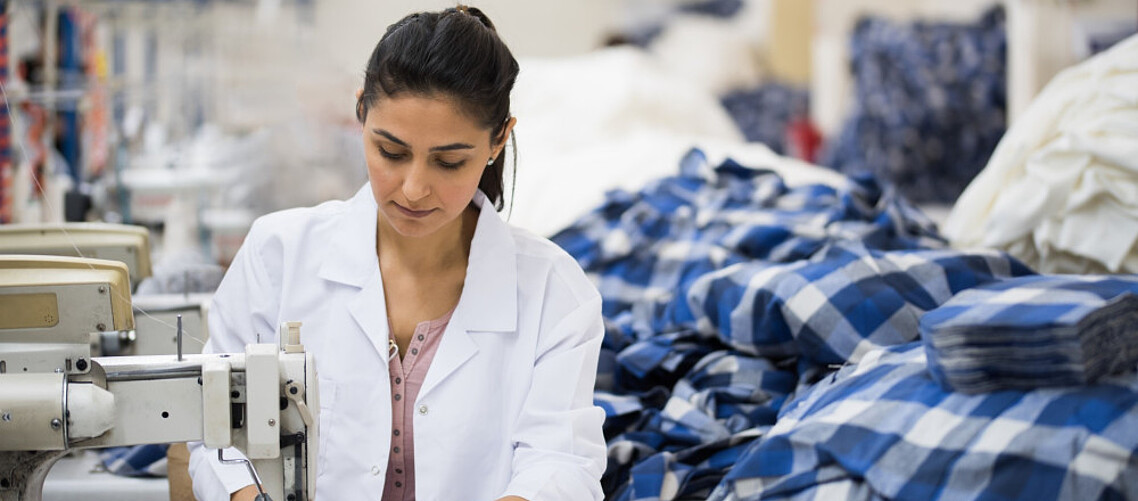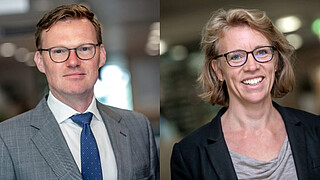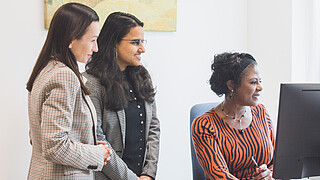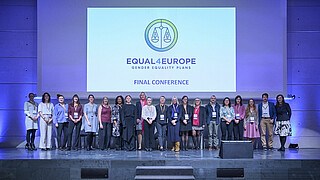The International Labour Organization and NGOs have stressed that women are especially vulnerable to human rights violations when working in GVCs but there has been limited success in unravelling the endemic issue of gender-based violence and harassment. Another motivator is last year’s EU legislation for corporate sustainability due diligence which means firms must address human rights violations, including gender-based violence and harassment, in their GVCs.
No explanation yet
Academic research and debate on human rights violations have focused on the power asymmetries between large multinational firms running GVCs, and their respective suppliers, but have not adequately recognised how GVC characteristics intersect with gender inequalities in the local environment, says Dr Van der Straaten. “As a result, GVC theories don’t really explain how and when gender-based violence and harassment emerge.”
“Even though many of the workers affected by human rights violations in global value chains are women, little is known about the relevance of gender. This has resulted in many of the initiatives aimed to improve human rights in global value chains to not adequately take into account gender-related causes, and to sometimes even make things worse for women,” said Dr Van der Straaten. “This can relate to sexual violence, but for instance also to pregnancy discrimination or malnutrition.”
The project, which will begin in 2026, will apply several methods and levels of analysis to data collected from the multinational companies, the workplaces they operate, and the workers they employ, and hopes to show how inequalities within global value chains interact with local gender inequalities. The new knowledge could inform and improve the human rights of women in global value chains.
Labour costs, workplace characteristics and labour governance
Dr Van der Straaten is planning three subprojects:
- First, she will look at how lead firms orchestrate their global value chains to minimise labour costs and benefit from international differences in labour standards. This gives them significant power and control over suppliers for low prices and short lead times. Suppliers, in turn, organise their labour to meet these terms and conditions. At the same time, there are gender inequalities in the suppliers’ local environments that give men significant power and control over women – such as unequal access to resources, gendered divisions of labour, and norms surrounding social subordination of women. For example, when margins and lead times are tight, local gender norms for obedience and compliance become more important for the supplier companies and this might result in gender-based violence and harassment against female workers.
- The second subproject will attempt to identify characteristics in the workplace and at supplier level that influence the incidence of gender-based violence and harassment. She has already found examples in companies that run dormitory regimes, and in foreign-owned GVC workplaces. She will compare experiences of male and female workers from suppliers producing for the local and global markets in three countries and in industries with large and diverse global value chains.
- The third subproject aims to establish how labour governance mechanisms affect gender-based violence and harassment. Many lead firms incorporate labour conditions into contracts relations with suppliers in response to pressure from consumers and governments. These rely on top-down auditing programmes and bottom-up welfare and empowerment programmes, but their effect on gender-based violence and harassment has not yet been systematically studied, and there is concern that they could actually aggravate it when they fail to recognise underlying unequal gender relations.
Veni grants
The NWO’s Veni grants are part of the NWO Talent Programme. They allow researchers who have recently obtained their PhDs to conduct independent research and develop their ideas for a period of three years. The Veni grant is intended to finance academically innovative research and to give these researchers the opportunity to develop themselves as independent researchers.






